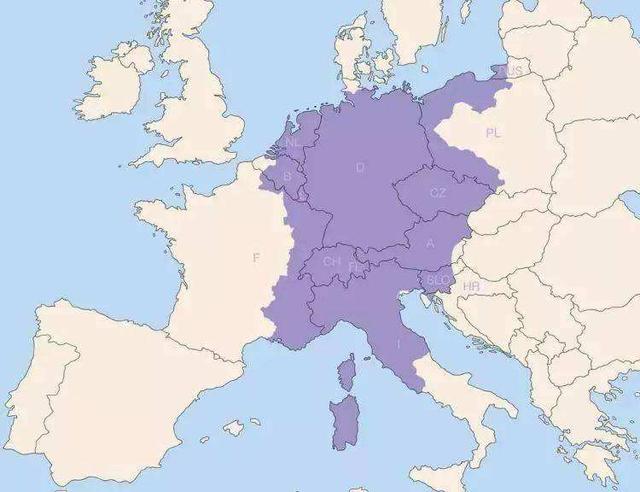allotment
Allotment is a traditional way of acquiring land from the ruling authority or from other individuals and turning it into a small plot of agriculturally productive land. It usually occurs on wasteland, or fallow land or other wastelands that can be cultivated. Land owners involved in the allotment process typically divide a large plot of land into smaller plots and lease them out to individuals who can benefit from the land, such as farmers, settlers, or gardeners.
In the United Kingdom, allotment is a form of tenure in which a landowner (usually a local authority) grants permission to an individual to use, maintain, and cultivate a plot of land on an annual or occasional basis. The allotment holder has no right to ownership of the plot as they are merely granted permission to use the land under the terms of the granted tenancy agreement. Usually, these tenancy agreements involve the tenant paying an annual rent to the landowner.
Allotments are usually small plots of land, ranging from about 1000 to 8,000 square meters depending on the country and local regulations, and the tenant is responsible for the upkeep and maintenance of their plot, from preparing the soil, planting, growing and harvesting through to keeping the plot free from weeds. The tenant may also be given some rights in terms of being able to decide what type of plants or crops to cultivate and to use the land for non-agricultural purposes, such as recreational activities.

Allotment is a practical and often beneficial form of land tenure. In some cases, these allotments help to produce food for the local community and can even provide a supplemental income for the allotment holder, as well as providing them with a sense of pride and satisfaction that comes from working their own plot of land. The development of allotments can also help to reduce urban sprawl, providing green space and encouraging a sense of community among allotment holders. It can also be beneficial in terms of conservation, as allotments can provide a refuge for wildlife and help to preserve the local biodiversity.
In conclusion, allotment is a traditional way of providing individuals with permission to use and maintain a plot of land and has a number of practical and beneficial effects. In some cases, it can help to produce food for the local community, reduce urban sprawl, and provide a place for people to take an active role in cultivating the land. By providing a way for people to cultivate their own plot of land, allotment systems can be an important part of safeguarding the local environment.

allotment造句
1、The company has decided to allocate an allotment of $200,000 to the research project.
2、The government announced that it will allot an amount of money in the upcoming year to fund education.
3、The board of directors allot a certain portion of money for each project for maximum utilization.
4、The finance director has allotted a modest sum for equipment upgrades from the budget.
5、The company allotted a large percentage of their resources for developing new products.
6、The family allotment of the annual budget is used to pay bills and buy groceries.
7、The allotment of funds is proportional to the size of the company so that smaller businesses can afford to make improvements.
8、The board of directors allotted additional funds to help employees pursue higher education.
9、The town council allotted a portion of the budget to repair the worn-out playground.
10、The farmers have been allotted an area of land that can be used for cultivating their crops.







